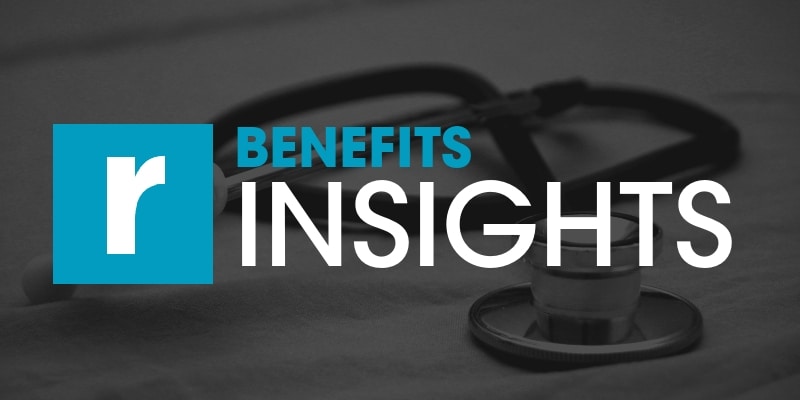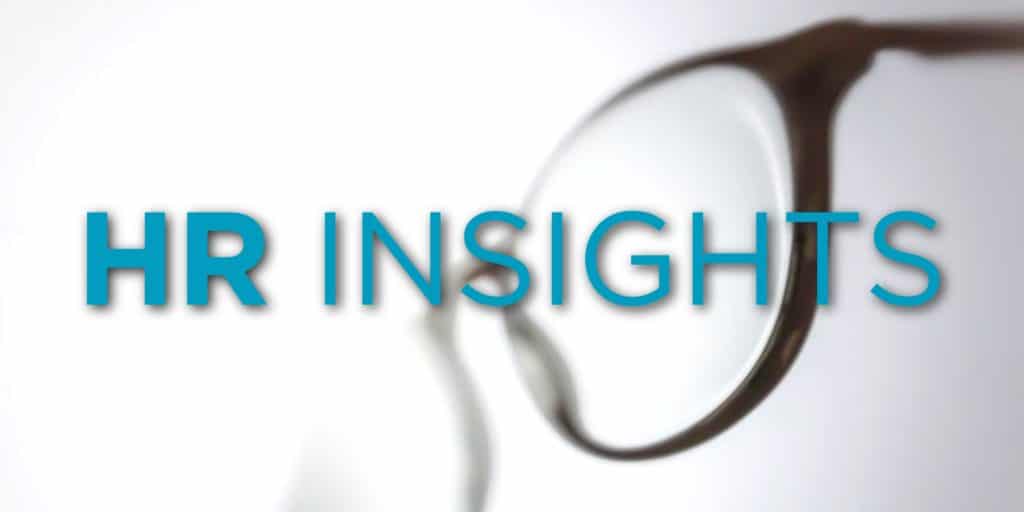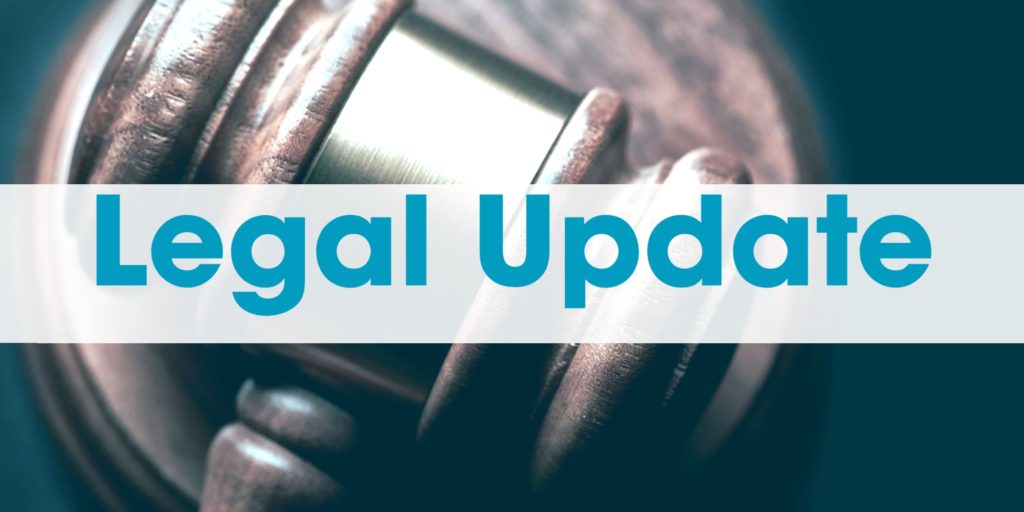05 May Commercial General Liability Versus Specialized Cyber Liability Coverage
CGL is usually triggered first in the event of a loss, so many business owners don’t feel an additional endorsement or standalone policy is necessary. This document explains how a CGL is a good start to protect intangible assets but may not be sufficient for all companies. The only way to protect the assets of […]



 During the coronavirus disease (COVID-19) pandemic, some employers are currently staying open as essential businesses—for organizations that are not open, many plan to welcome back employees shortly.
During the coronavirus disease (COVID-19) pandemic, some employers are currently staying open as essential businesses—for organizations that are not open, many plan to welcome back employees shortly. On April 28, 2020, the Departments of Labor (DOL) and the Treasury (Departments) issued deadline relief to help employee benefit plans, plan participants and plan service providers impacted by the COVID-19 outbreak.
On April 28, 2020, the Departments of Labor (DOL) and the Treasury (Departments) issued deadline relief to help employee benefit plans, plan participants and plan service providers impacted by the COVID-19 outbreak. The following information comes from the Department of Labor (DOL). This information was last updated April 28, 2020.
The following information comes from the Department of Labor (DOL). This information was last updated April 28, 2020.
 On April 28, 2020, the Departments of Labor (DOL) and the Treasury (Departments) issued deadline relief to help employee benefit plans, plan participants and plan service providers impacted by the COVID-19 outbreak.
On April 28, 2020, the Departments of Labor (DOL) and the Treasury (Departments) issued deadline relief to help employee benefit plans, plan participants and plan service providers impacted by the COVID-19 outbreak.